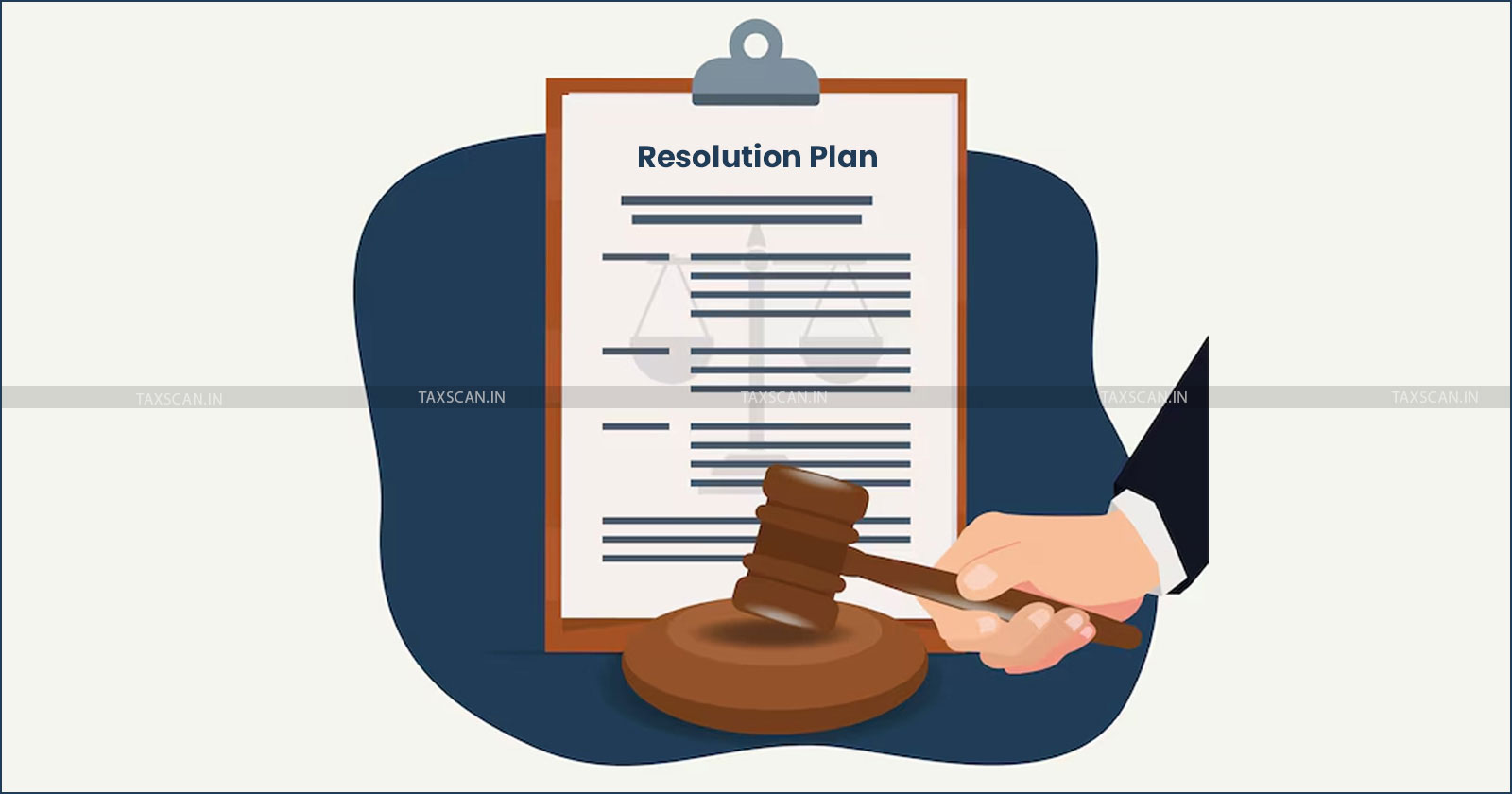IBC Proceedings are Not meant for recovery of money with respect to Solvent companies: NCLT [Read Order]
There has been no prior record of financial delinquency or breach of contractual obligations by the Respondent vis-à-vis the Applicant.
![IBC Proceedings are Not meant for recovery of money with respect to Solvent companies: NCLT [Read Order] IBC Proceedings are Not meant for recovery of money with respect to Solvent companies: NCLT [Read Order]](https://images.taxscan.in/h-upload/2025/08/19/2078260-nclt-taxscan.webp)
In a recent case, the New Delhi bench of the National Company Law Tribunal(NCLT) has held that Insolvency Bankruptcy Code Proceedings are not to recover applicants dues. Dismissed application, as the applicant approached for recovery rather than facilitating the resolution of the Corporate Debtor, who is solvent and operational.
The application under Section 7 of the Insolvency and Bankruptcy Code, 2016 has been filed by Mr. Akshay Kumar Rout, Prop. of Jagannath Traders, seeking initiation of CIRP against M/s. Indo Laminates Pvt. Ltd., the Corporate Debtor herein for the alleged default amount of Rs. 1,13,45,000/- as on 03.05.2025.
The Applicant granted financial assistance to the Corporate Debtor amounting to Rs. 1,05,00,000/- at an interest rate of 18% per annum. A loan agreement was executed subsequently between the Applicant/Financial Creditor and the Respondent/Corporate Debtor, on 01.03.2025. The Corporate Debtor defaulted in repayment of the financial assistance despite several requests and reminders given by the Applicant/Financial Creditor.
The Applicant/Financial Creditor sent a loan demand cum legal recall notice dated 03.05.2025 to the Corporate Debtor for repayment of the outstanding amount.The Respondent/Corporate Debtor, vide e-mail dated 21.05.2025, while acknowledging the liability, took a plea that a fire incident broke out in the godown premises of the Corporate Debtor, which led to financial distress in the company, and therefore, the Respondent/Corporate Debtor could not repay the outstanding loan amount.
 Also Read:NCLT directs Liquidation u/s 33 of IBC in absence of Resolution Plan even after Extending Time Period [Read Order]
Also Read:NCLT directs Liquidation u/s 33 of IBC in absence of Resolution Plan even after Extending Time Period [Read Order]
The Respondent/Corporate Debtor filed a reply affidavit denying the allegations leveled against it by the Applicant/Financial Creditor. The Respondent admitted that it had availed a financial facility amounting to Rs. 1,05,00,000/- from the Applicant/Financial Creditor, against the stock in trade which was duly hypothecated as security, and a loan agreement was executed on 01.03.2025.
The Applicant/Financial Creditor conducted a verification and due diligence of the stock in trade hypothecated by the Corporate Debtor prior to the disbursal of the said facility. The Respondent further submitted that a fire incident occurred at the godown premises of the Corporate Debtor-Company on 20.05.2025 at about 10.20 AM as a result of which the entire stock in hand including ply wood and other goods stored therein, was completely destroyed and reduced to ashes. The incident was immediately informed to the Fire Station at about 10.29 A.M. Further, the First Information Report was lodged on 21.05.2025 at Buria Police Station informing about the incident and the loss suffered by the Corporate Debtor.
The Respondent contended that the financial condition of the Corporate Debtor has been impacted by the fire incident and the Corporate Debtor has suffered heavy losses, which have caused disruption in the business operations of the Corporate Debtor. The Respondent has further contended in its reply affidavit that it is willing to repay the entire outstanding amount to the Applicant/Financial Creditor in case a reasonable time is afforded to it by the Financial Creditor.
As per the settled principles of the law laid down by the Supreme Court of India and the NCLAT while dealing with a Section 7 application, the Adjudicating Authority is only required to see as to whether there is a debt due and whether the Corporate Debtor has defaulted in paying the debt. The Applicant/Financial Creditor is required to establish that there is a financial debt and that a default has been committed in respect of that financial debt.
It was found that the Applicant has filed the present application under Section 7 with the purpose to recover its money from the Corporate Debtor and not for the resolution of the Corporate Debtor Company. It is an accepted principle that the Insolvency and Bankruptcy Code, 2016 cannot be used as a tool for recovery of money particularly with respect to the companies which are solvent in nature.
The Respondent has categorically submitted that due to a fire incident, the company suffered losses and therefore was unable to pay the outstanding dues. Counsel for the Respondent further contended that the Applicant and the Respondent have been in business relationship for several years and no default has ever happened before.
A two member bench of Shri Bachu Venkat Balaram Das (Judicial Member) and Shri Atul Chaturvedi (Technical Member) held that the Respondent Company is a solvent company who had a long-standing business relationship with the Applicant. There has been no prior record of financial delinquency or breach of contractual obligations by the Respondent vis-à-vis the Applicant. It is because of the fire incident which caused a great loss to the company, the Respondent could not repay the amount due to the Applicant.
The Tribunal viewed that the Applicant has not come with clean hands and the sequence of actions and overall conduct suggest that the Applicant is primarily seeking to recover its dues, rather than facilitating the resolution of the Corporate Debtor, who is solvent and operational.
The Tribunal dismissed the application.
Support our journalism by subscribing to Taxscan premium. Follow us on Telegram for quick updates


